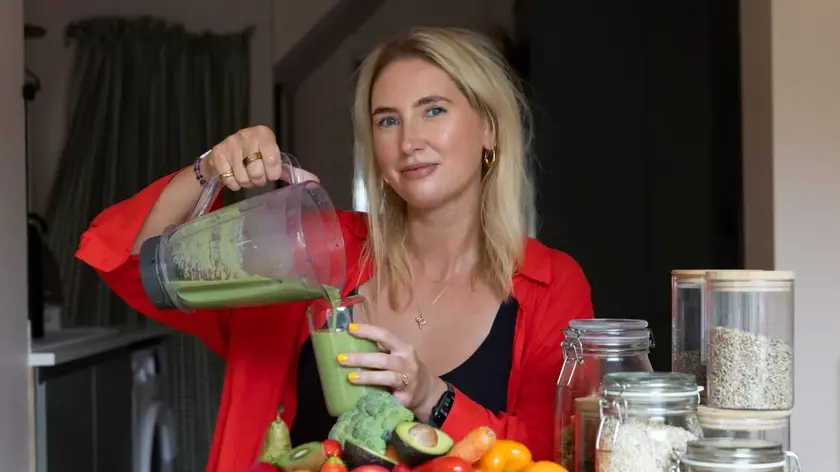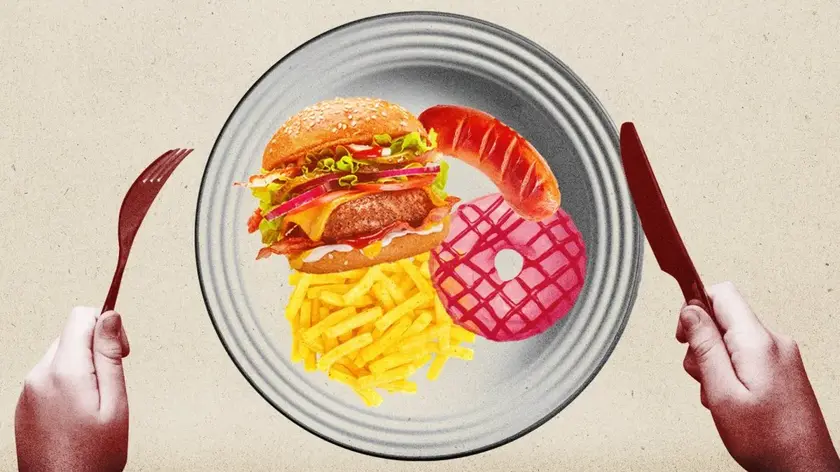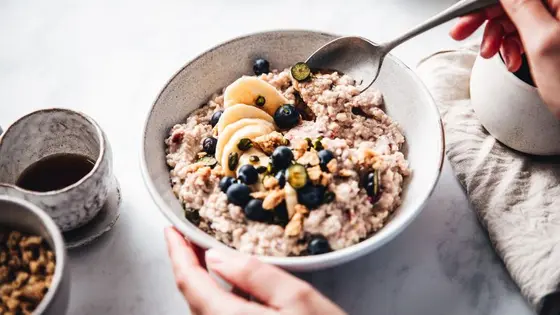T4K3.news
Protein coffee trend linked to weight gain and cancer risk
Experts warn that adding protein powder to coffee can overshoot daily needs and raise health risks

A fitness expert warns that adding protein powder to coffee can overshoot daily needs and raise health risks, especially when sugars and additives are included.
Protein coffee trend linked to weight gain and cancer risk
Across social media, proffee has influencers mixing protein powder into espresso and serving it over ice. Posts claim the drink boosts energy and supports workouts, with some users reporting nearly all their daily protein in a single cup. Experts say protein needs vary by weight and activity, and excessive intake can stall weight loss rather than help it.
Fitness consultant Adam Clark cautions that protein should make up only a portion of daily calories and warns against using the drink as a meal substitute. Many recipes rely on added sugars, syrups and dairy or plant milks that add calories and reduce potential benefits. Some powders also carry emulsifiers and additives linked to inflammation, a concern for long term gut health. He recommends meals built around whole foods like eggs, dairy, legumes and lean meats to meet protein needs.
Key Takeaways
"Protein is best from whole foods not a drink"
Advocating against using proffee as a meal substitute
"Protein needs vary with weight and activity"
Expert guidance on daily protein requirements
"Sugars and syrups hide the real cost of the trend"
Comment on recipe ingredients
"Emulsifiers in powders may fuel inflammation and risk"
Health concern raised by experts
The trend shows how social platforms turn quick fixes into fitness rituals. A simple coffee tweak becomes a statement about discipline, which can mislead people into chasing shortcuts rather than steady habits.
Journalists must separate hype from evidence. The article flags a possible link between ultra processed powders and gut inflammation, but more studies are needed. Readers deserve clear guidance on portion sizes and the role of protein in a balanced diet, not sensational headlines.
Highlights
- Protein is best from meals not a single cup
- Protein needs vary with weight and activity
- Sugars hide the real cost of this trend
- Emulsifiers may fuel inflammation and risk
Health and public reaction risks from proffee trend
The trend raises concerns about excessive protein intake, reliance on processed additives, and the potential for public misinterpretation. If misinformation fuels demand, public reaction and backlash could follow.
Balance curiosity with caution as trends evolve
Enjoyed this? Let your friends know!
Related News

Protein trend linked to higher cancer risk warns doctors

New dietary trend fibermaxxing boosts energy and reduces snacking

Hot drinks heighten esophageal cancer risk

Protein trend debate heats up in athletic circles

Harvard doctor links matcha to cancer protection

Nutrition experts promote affordable superfoods

UPFs linked to higher cancer and heart disease risk

High-Protein Diets Under Review
